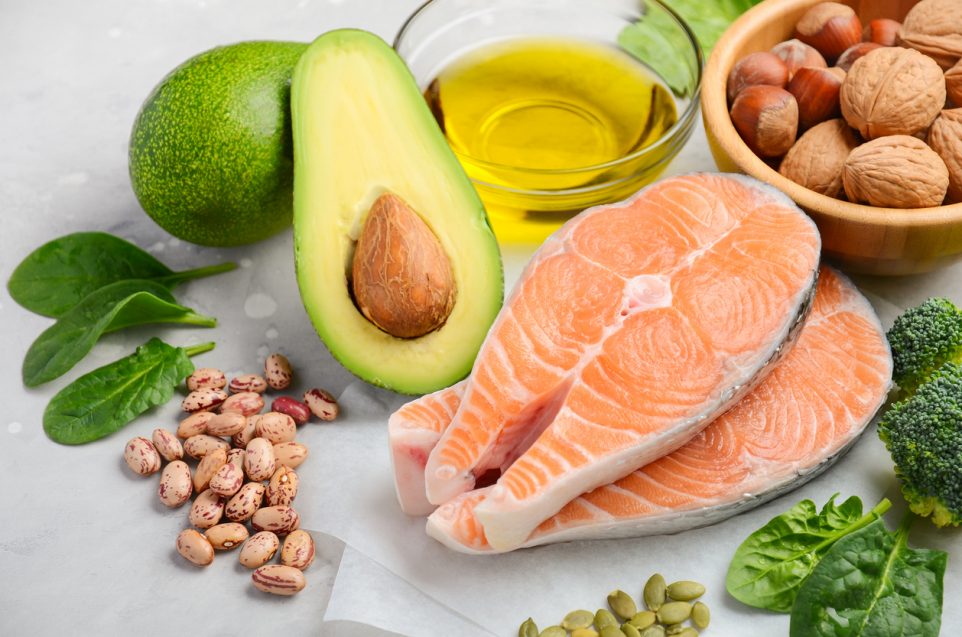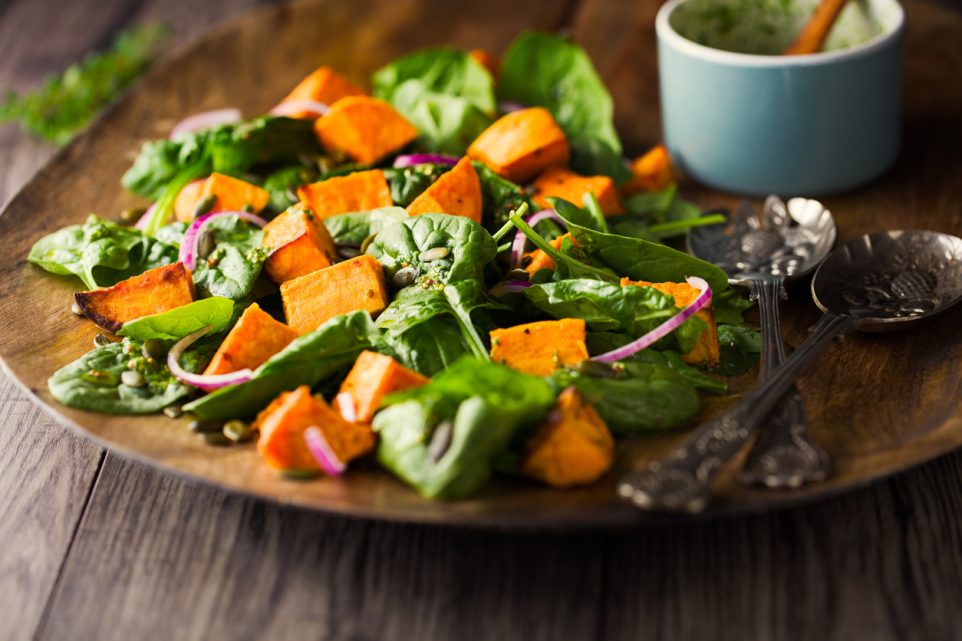6 Biggest Vitamin Deficiencies That Cause Hair Loss
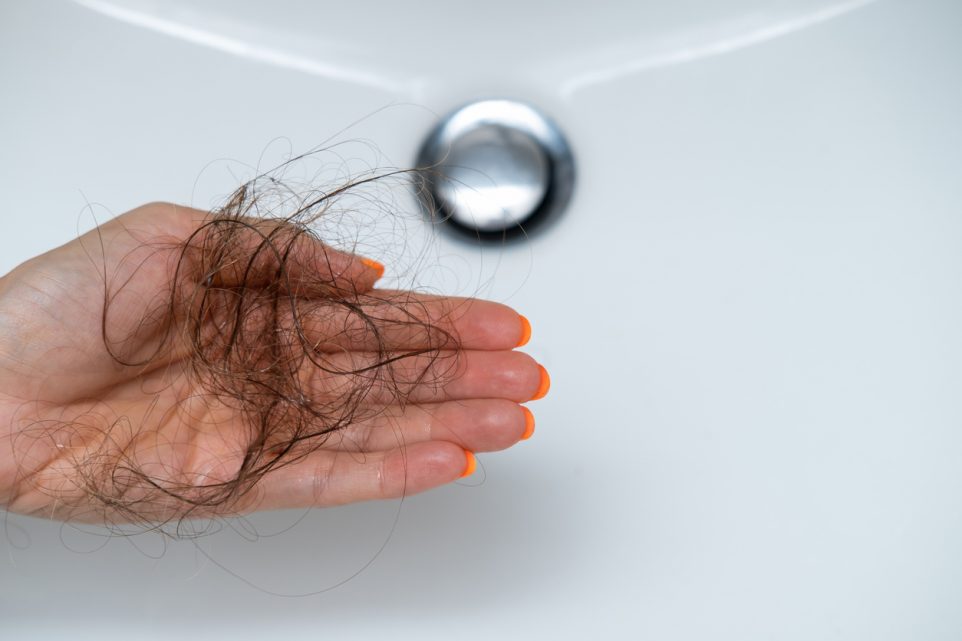
Have you ever noticed more hair than usual in your brush or shower drain and wondered what’s up? Before you stress out (which, by the way, could make it worse), let’s talk about something often overlooked but potentially easy to fix: vitamin deficiencies. Yes, what you eat—or don’t eat—can impact your luscious locks more than you might think.
Understanding the Root of the Problem
Hair loss isn’t just about vanity; it’s a genuine concern that can affect your self-esteem. While it’s common to lose anywhere from 50 to 100 hairs a day, losing more could be a sign that something’s off internally. One of the less-discussed reasons for hair thinning or loss is vitamin deficiency. It’s not the usual suspect, like genetics or age, but it’s equally significant.
Iron
Iron deficiency is one of the top nutritional culprits behind hair loss. It’s particularly common among women, especially those who experience heavy periods or have recently had a baby. Iron is crucial because it helps carry oxygen in the bloodstream to your cells, including those that stimulate hair growth. When iron levels drop, your body prioritizes vital organs over your hair follicles. The result? Slower hair growth and increased shedding.
Foods High in Iron
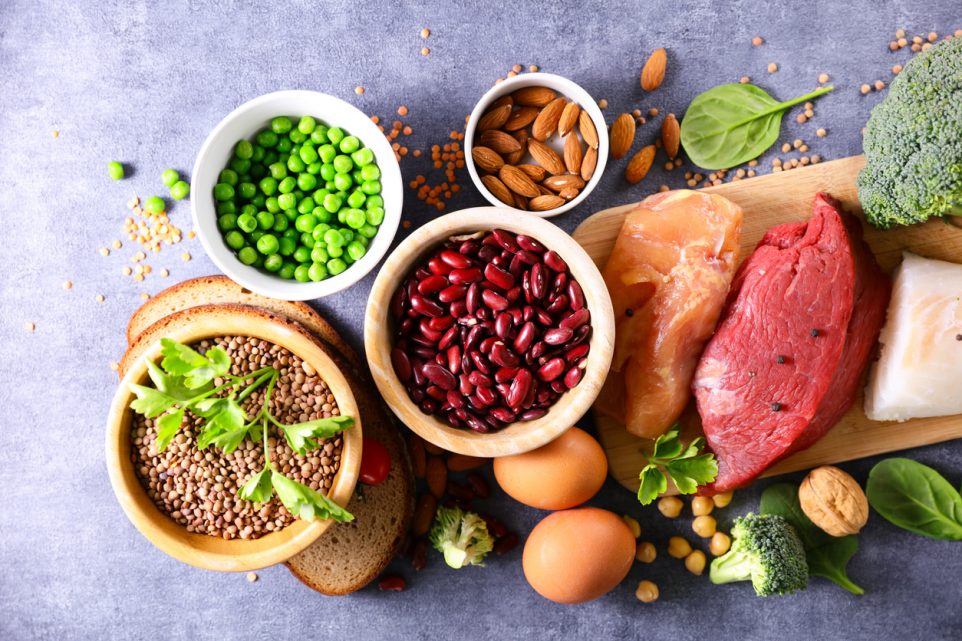
If you suspect low iron might be your issue, consider having a chat with your healthcare provider about getting your levels checked. In the meantime, incorporating iron-rich foods like lean meats, beans, and spinach into your meals can help. Combining these with vitamin C-rich foods like oranges or bell peppers can boost iron absorption.
Zinc
Zinc is another nutrient that’s vital for healthy hair. It plays a key role in hair tissue growth and repair. It also helps keep the oil glands around your follicles working correctly. Low levels of zinc can lead to thinning or lost hair. If you’re not getting enough zinc from your diet, or if you have digestive issues that affect how you absorb nutrients, your hair could be impacted.
Foods High in Zinc
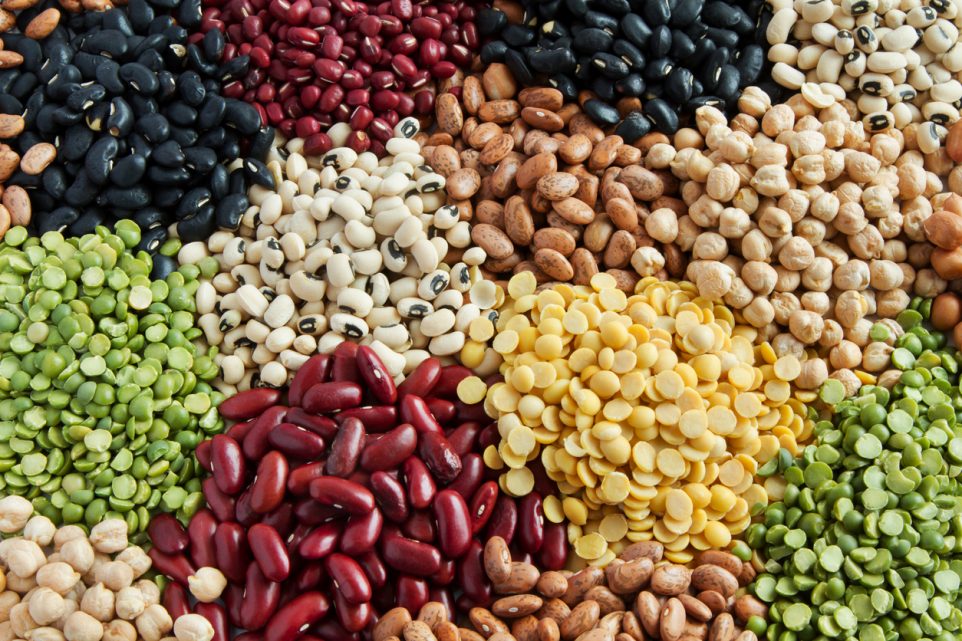
You can get zinc from a variety of foods, including beef, pumpkin seeds, and lentils. If you’re considering a supplement, it’s best to discuss it with a healthcare provider since too much zinc can also cause hair loss—it’s all about balance.
Vitamin D
Low levels of vitamin D are linked to several health issues, including hair loss. Vitamin D is important because it stimulates old and new hair follicles. When your body doesn’t have enough, hair growth can be stunted. A lot of us don’t get enough vitamin D; it’s hard to absorb from food, and if you live in a place with long winters, you’re not getting much from sunlight either.
Foods High in Vitamin D
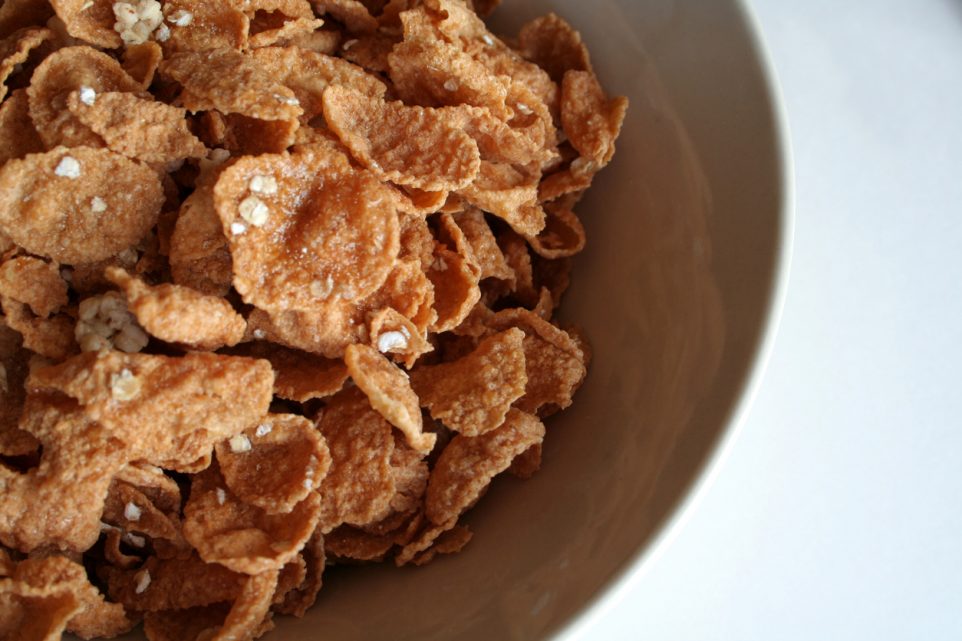
To boost your vitamin D, try to get about 10-30 minutes of midday sunlight several times a week. Foods like fatty fish, fortified foods, and egg yolks also contain vitamin D. Supplements can be an effective way to ensure you’re getting enough, especially if you’re at a higher risk for deficiency.
Biotin
Biotin (vitamin B7) is well-known in the beauty industry for its role in healthy hair and nail growth. Deficiency isn’t common since biotin is widely available in food, but if you’re experiencing hair loss, it’s worth considering your biotin intake. Symptoms of biotin deficiency include hair thinning and a scaly red rash.
Foods High in Biotin
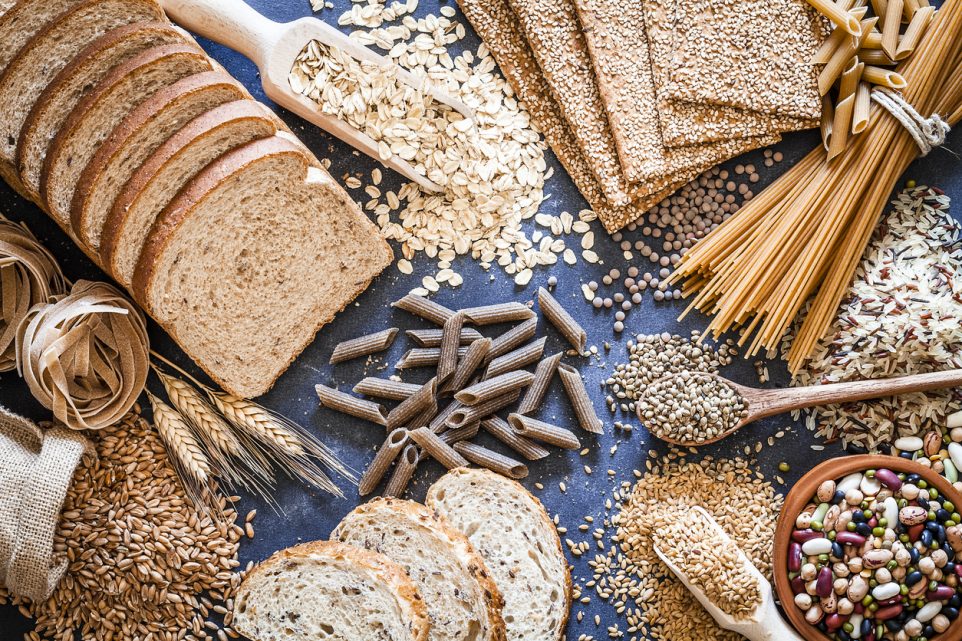
Egg yolks, nuts, soybeans, and whole grains are good sources of biotin. While biotin supplements are popular, they aren’t necessary for everyone and should be taken with care as they can interfere with lab tests.
Building a Stronger You
Supplement Institute is the fruit of extensive online publishing experience, spanning the breadth of SEO strategies to the nuances of paid advertisements. Our journey, marked by significant achievements and learning moments, inspires our core mission: to empower our readers with an abundance of information. By sharing insights and key learnings, we aim to provide you with the knowledge needed to navigate the complex world of supplements, helping you make well-informed decisions for your health and well-being. Welcome to Supplement Institute, where information is your greatest supplement.
